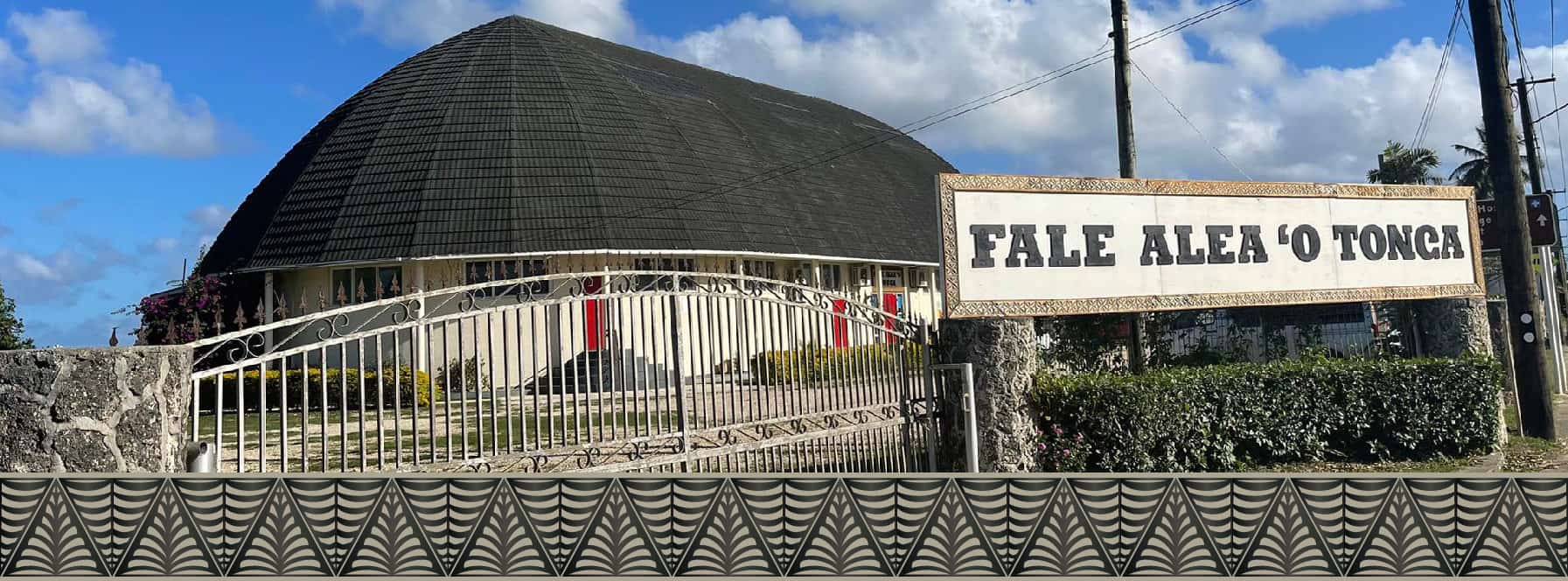Tonga Parliament will host a debate on the death penalty on Tuesday, 28 May.
The debate is being sponsored by the Speaker, Lord Fakafanua, and will discuss the topic ‘Capital punishment as a deterrent for illicit drug offences.’
The debate will be held at the Fale Alea ‘o Tonga chambers. It is open to members of the public, journalists and anybody concerned with the issue.
It will feature policy makers, human rights advocates, public health experts, police and members of the community.
A statement from Parliament said the debate was important for determining the future of Tonga’s policies on dealing with illicit drugs.
King Tupou VI recently expressed his grave concern at the level of the illicit drugs crisis that has infiltrated every part of society, from villages, schools, and the government.
His Majesty pleaded with all MPs to share the tragedy with their constituents and see if they could come up with better solutions.
The Australian government has announced an $800 million (US$530 million) project which will give it major oversight of policing in the Pacific region including Tonga.
Australian officials have also been working on an initiative in Fiji as the country struggles with a meth epidemic threatening societal collapse.
In 2004, the Tongan Parliament voted 10-7 against a bill to introduce the death penalty for possession of illicit drugs.
In 2021 Lord Fakafanua introduced the Illicit Drugs Control (Amendment) Bill to Parliament. It would have made the death penalty an option for drug offences elating to minors and importing or exporting more than five kilogrammes of a Class A drug.
In an interview at the time with the ABC’s Pacific Beat, Lord Fakafanua said the change was needed to tackle Tonga’s worsening drug abuse problem. He claimed 60 per cent of admissions to mental health wards were caused by drugs.
“We’re seeing child labour being paid for with drugs, we’re seeing prostitution by spouses and mothers, and fathers prostituting their children,” he said.
“We’re seeing child abuse and also broken families. And then … a rise in crime because people have to turn to crime if they [are] unemployed, to fund their addiction. “These were completely unheard of before drugs was at play,” he said.
